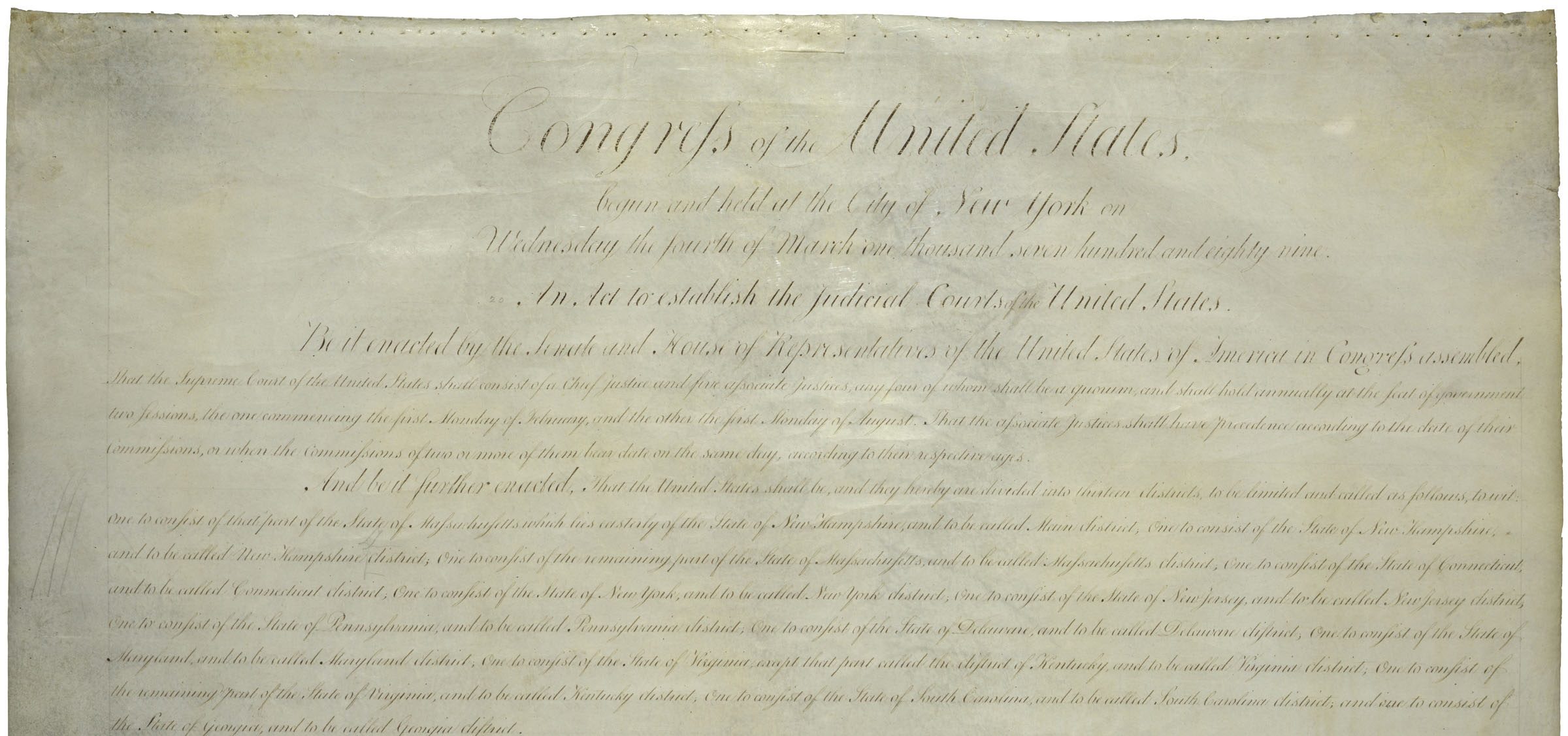In Richardson v. Texas Sec’y of State, No. 20-50774 (5th Cir. Nov. 12, 2020), the court addresses the motion of three voters who sought and failed to intervene into a voting-rights case in the district court, then sought to intervene into the appeal.
The three voters moved in the district court under Fed. R. Civ. P. 24(b) to intervene in the Secretary of State’s appeal of an order granting partial summary judgment and injunctive relief. “The movants are the plaintiffs in Flores v. Hughs, No. 7:18-CV-113 (S.D. Tex. Apr. 16, 2018), a separate case challenging the constitutionality of the signature-verification procedures at issue in this case.” The motion was denied, and the plaintiffs appealed the denial.
Thereafter, the plaintiffs also moved to intervene directly into the appeal. “Their motivation for doing so is somewhat foggy. In some of their submissions, the movants have suggested that the motion must be granted so that their appeal of the denial of their initial motion may be heard alongside the Secretary’s appeal. At other times, they’ve expressed a desire to convey their view that, although the district court was correct in finding the signature-verification procedures unconstitutional, the remedy it crafted is unworkable.”
The Fifth Circuit denies the motion to intervene in the appeal. “There is no appellate rule allowing intervention generally. Instead, the Federal Rules of Appellate Procedure contemplate intervention only in proceedings to review agency action. FED. R. APP. P. 15(d). But despite the lack of an on-point rule, we have allowed intervention in cases outside the scope of Rule 15(d).”
In the absence of an express rule, “motions to intervene on appeal are reserved for truly exceptional cases…. [T]o prevent litigants from using procedural gamesmanship to skirt unfavorable standards of review, there must be a steep threshold for allowing intervention on appeal…. If we analyzed motions to intervene on appeal using the same framework district courts use to address motions to intervene there, litigants would effectively have de novo review of their intervention motion.”
The panel holds that the intervenors did not establish an “imperative reason” for allowing intervention.
First, “[b]ecause both the movants and the Secretary are appealing from the same order, … both appeals have been docketed under the same case number in this court” and even absent intervention “the same merits panel will hear both the Secretary’s appeal of the summary judgment and the Flores plaintiffs’ appeal of the denial of their motion to intervene. This obviates that reason for intervention.”
Second, while “the movants express a unique view offered by neither party—that the plaintiff-appellees are correct that the signature-verification procedures are unconstitutional”—the intervenors can present their views by “appear[ing] as amici curiae.” Indeed, the panel granted leave to file an amicus brief.
